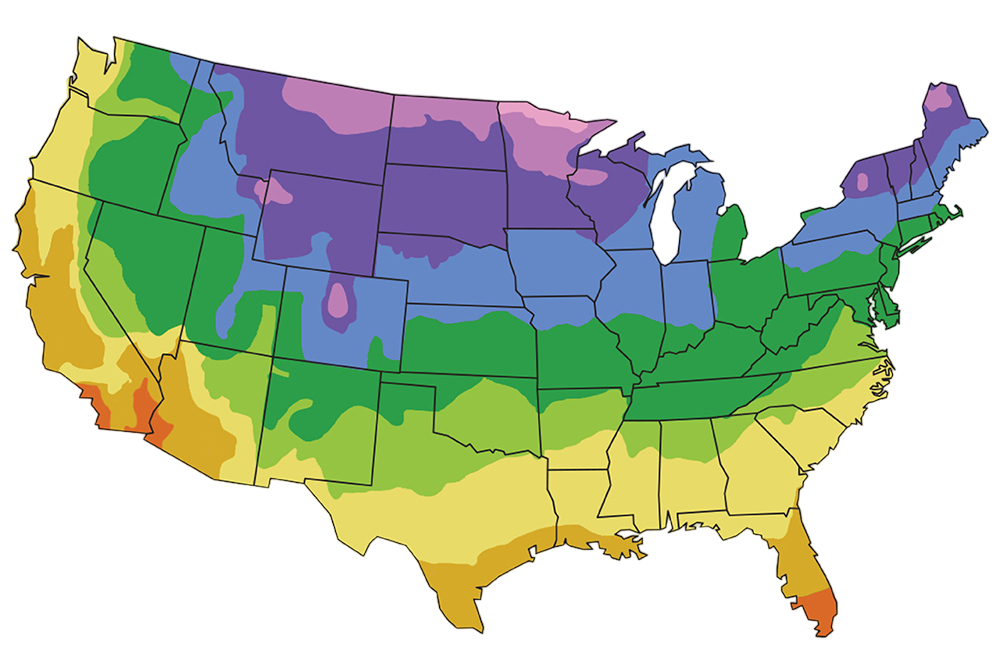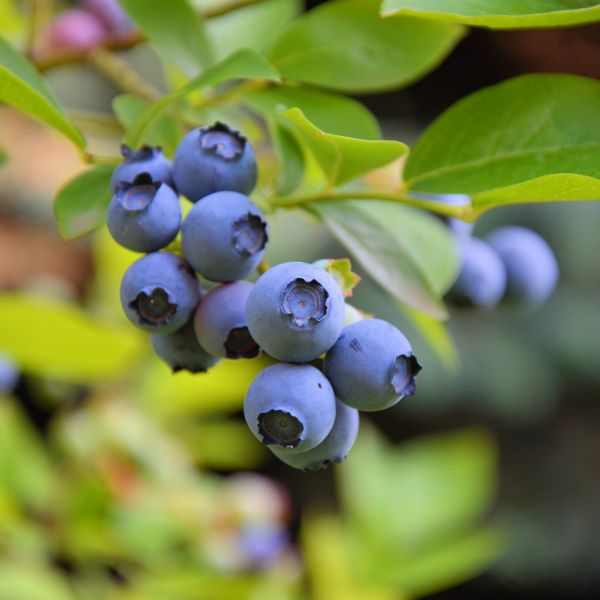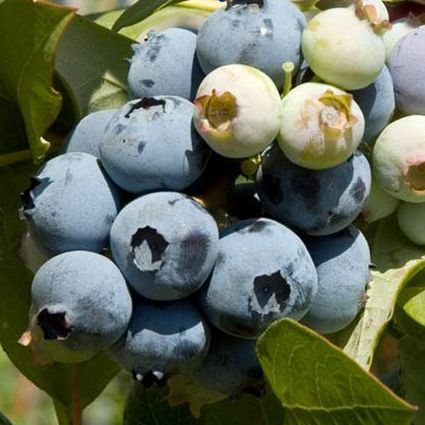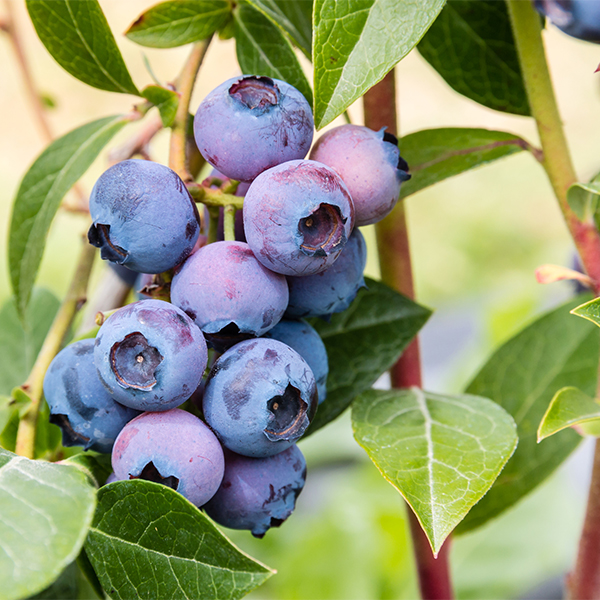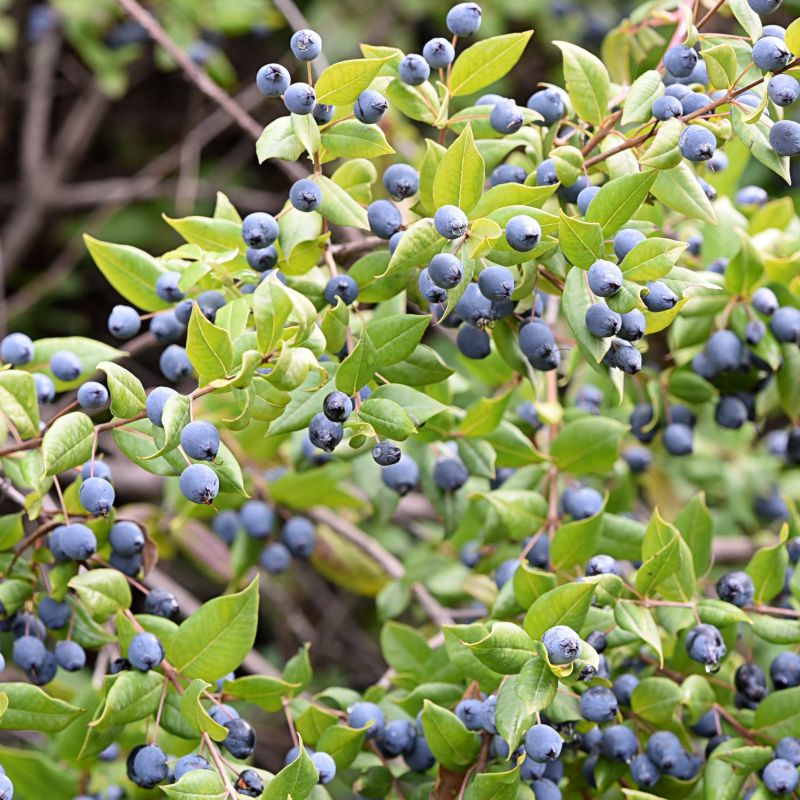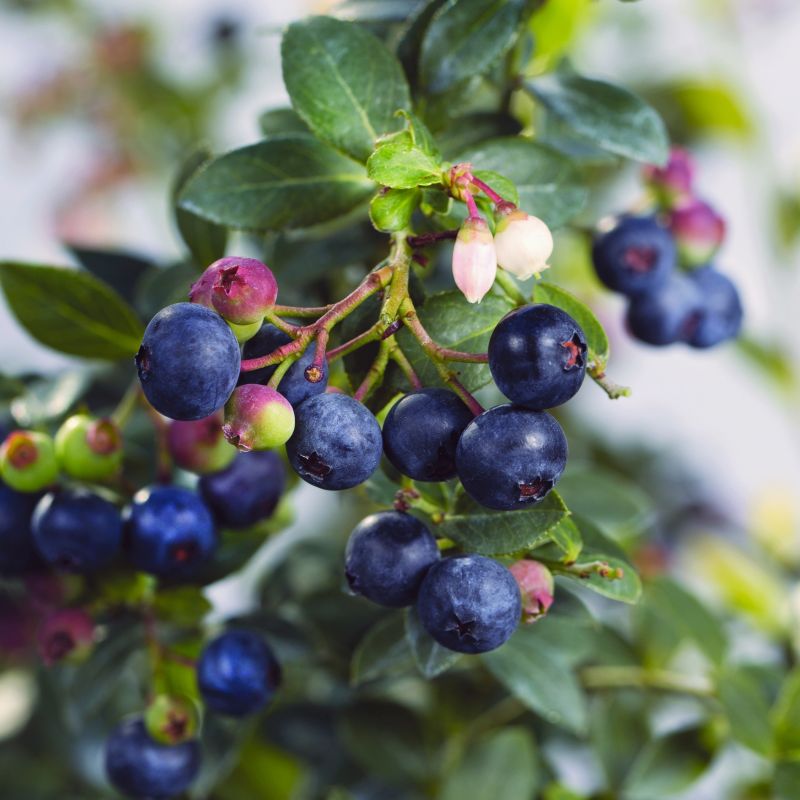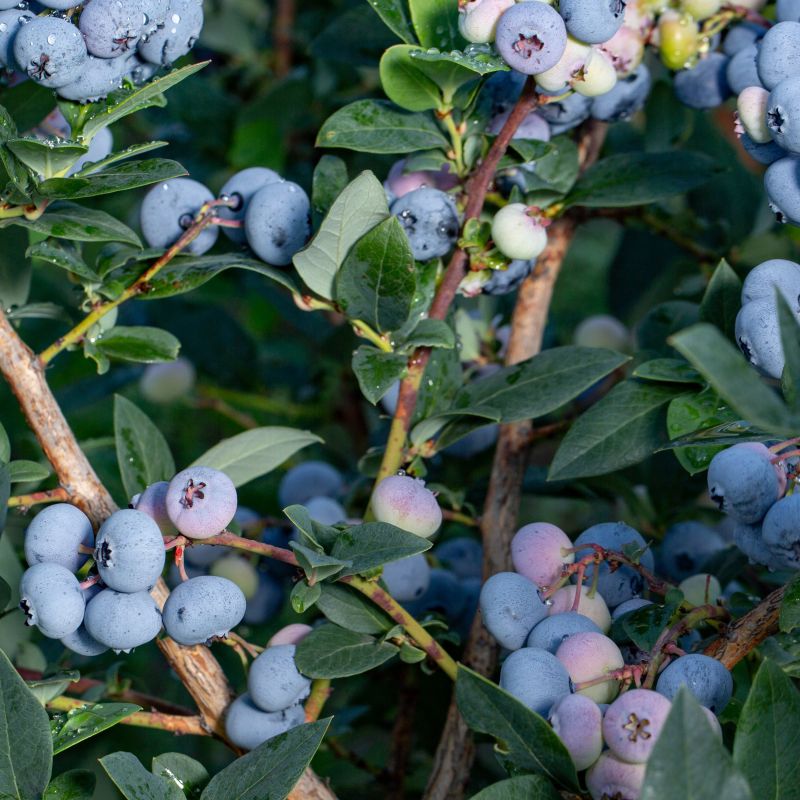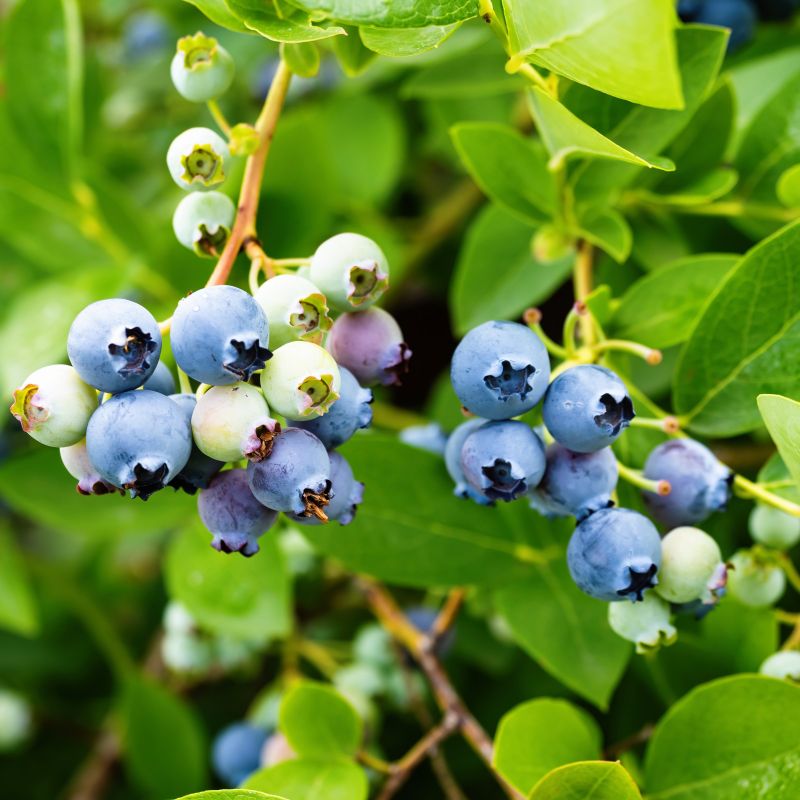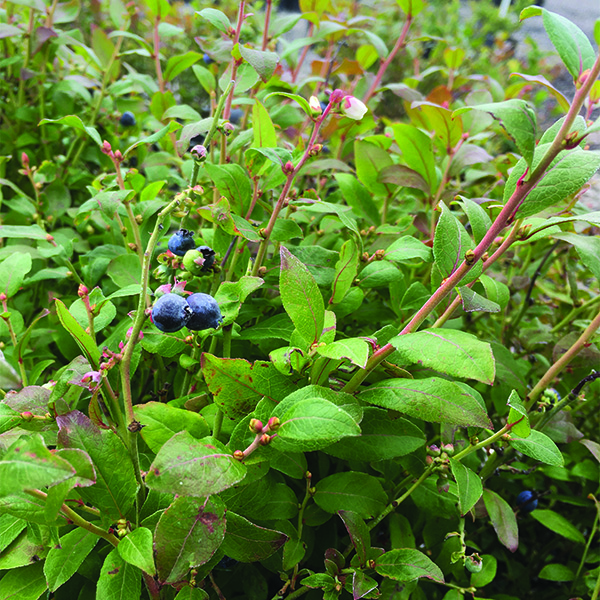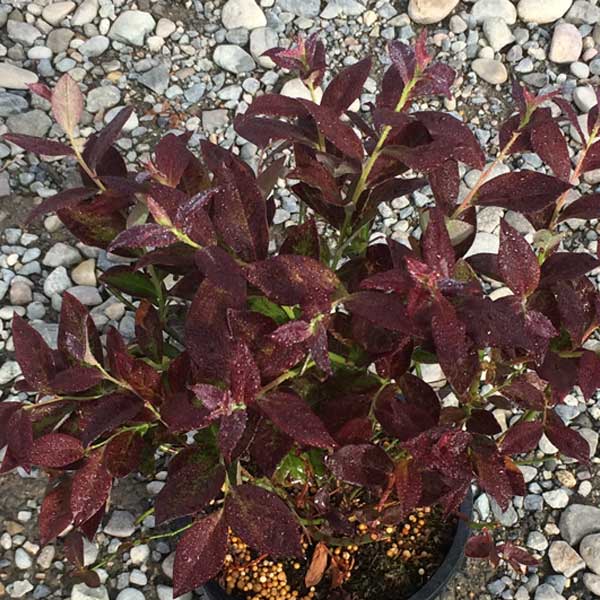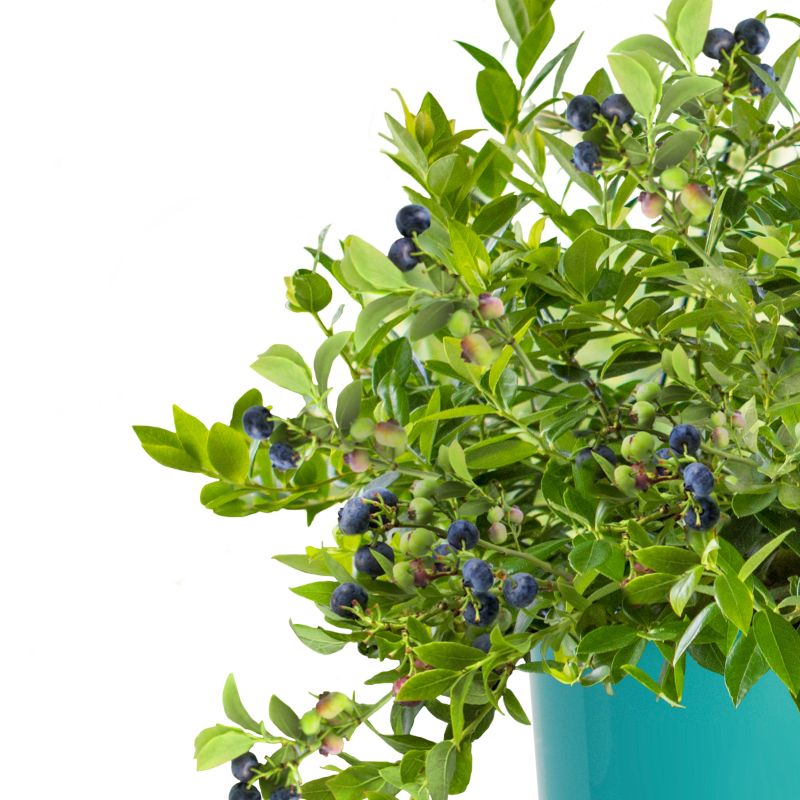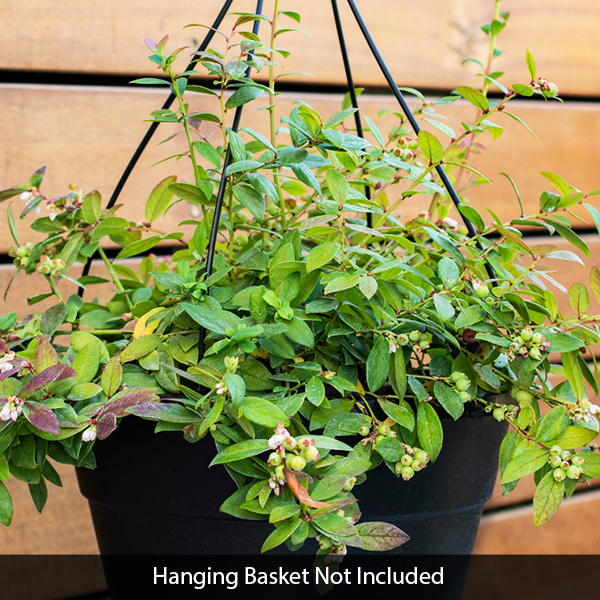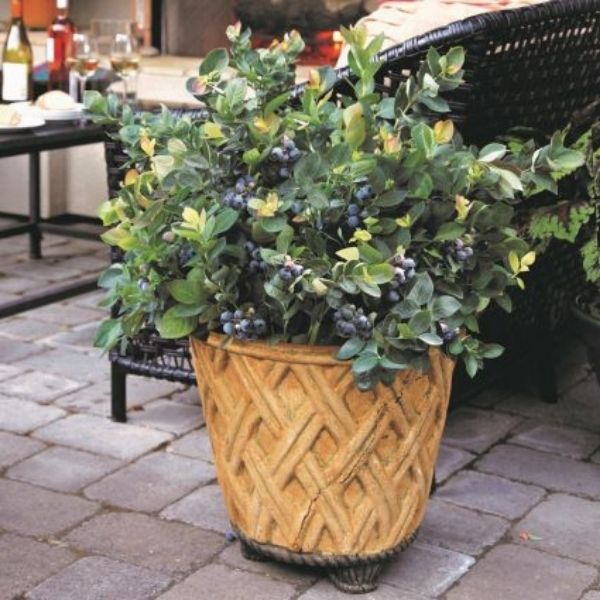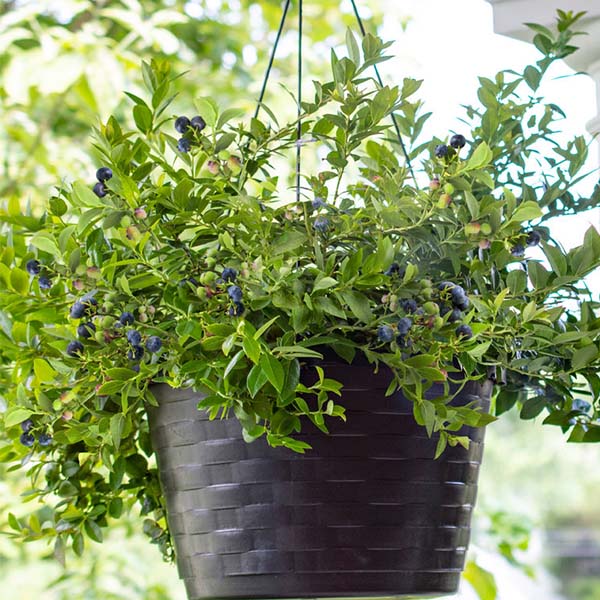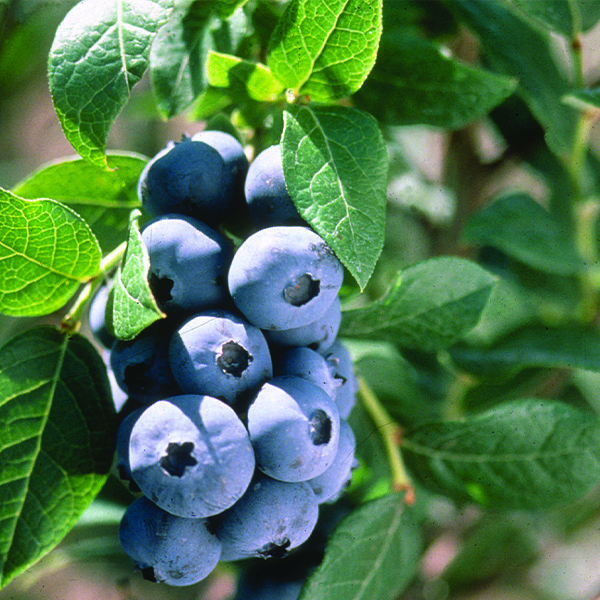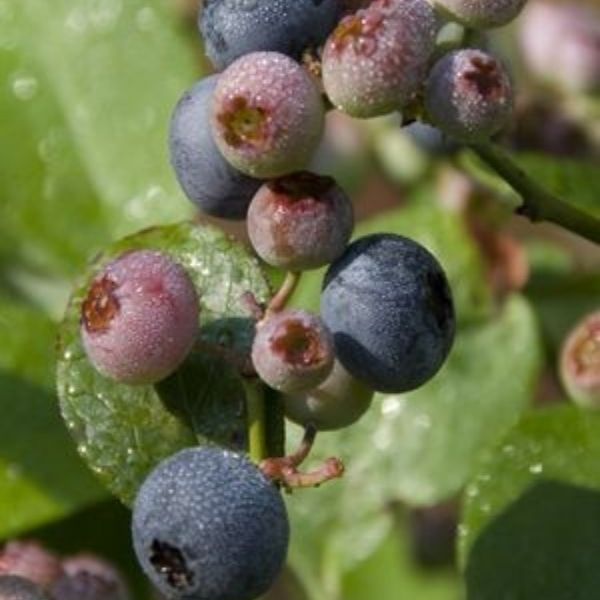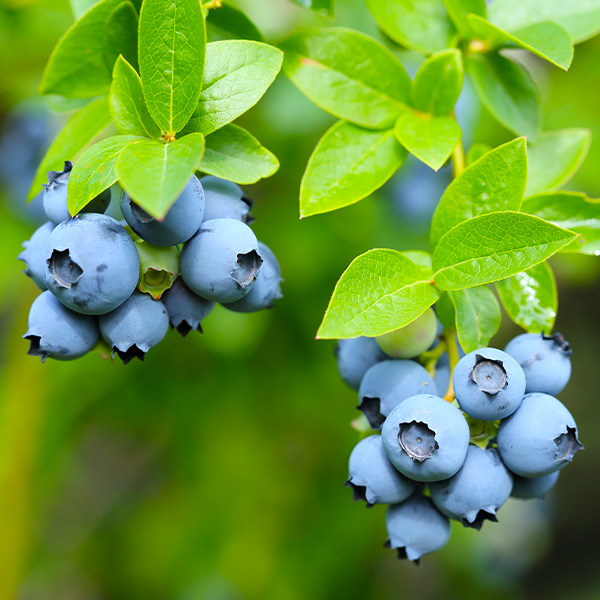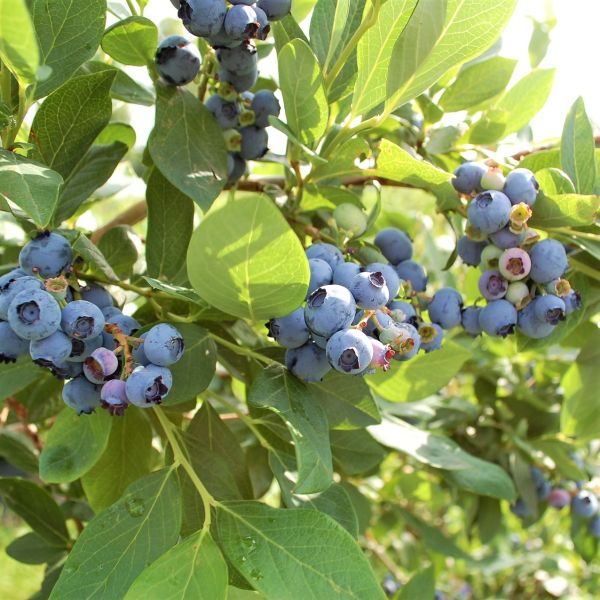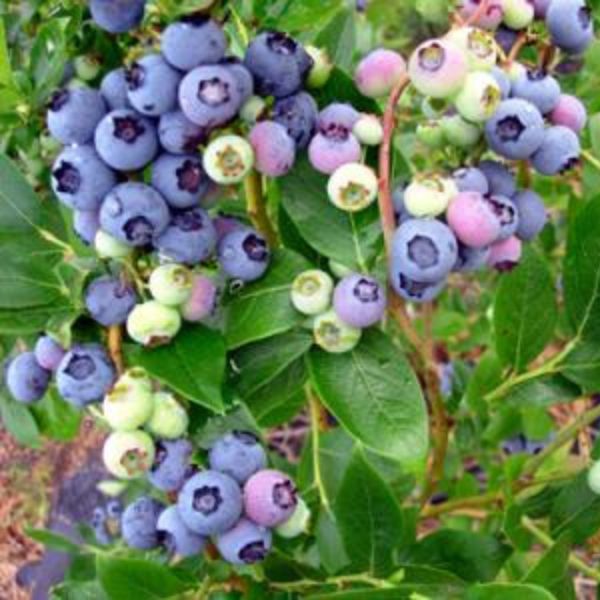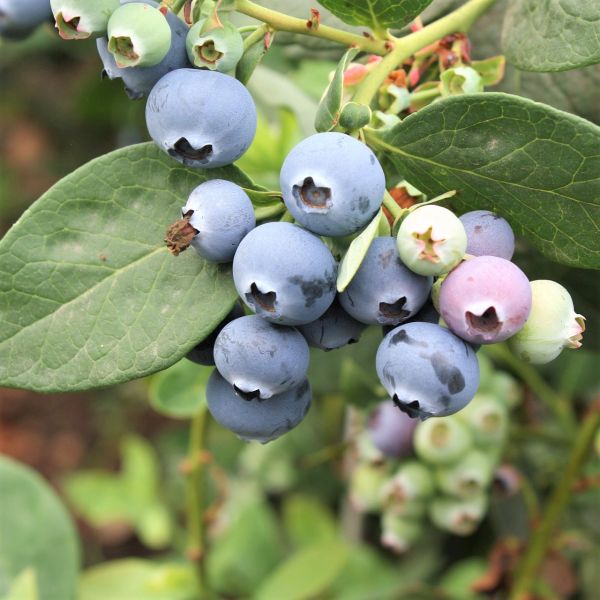
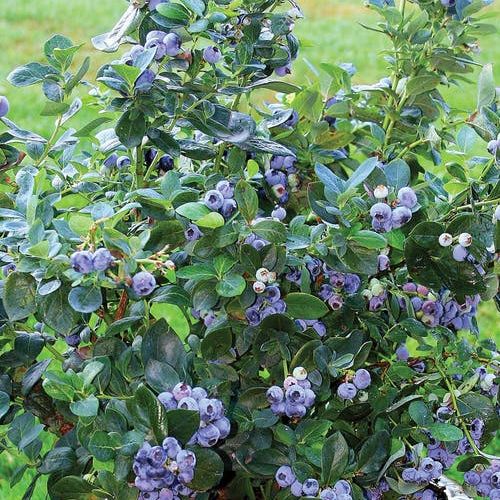
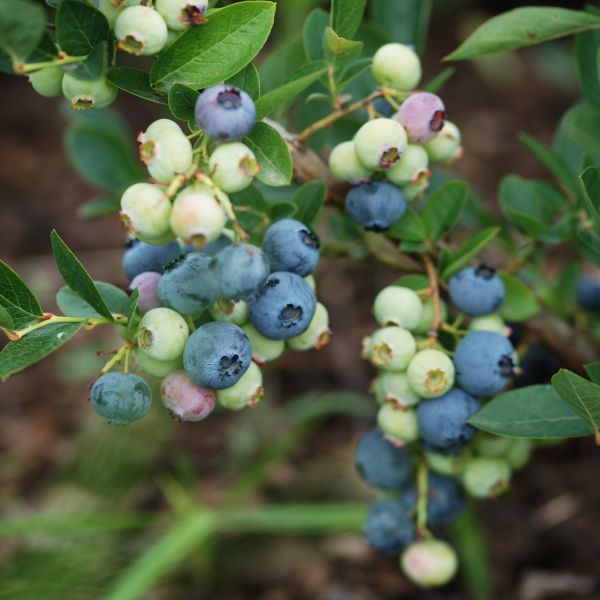
Northcountry Blueberry
Vaccinium 'Northcountry'
42 reviews
Northcountry Blueberry
Vaccinium 'Northcountry'
42 reviews
- Hardy and cold-resistant variety, perfect for northern climates
- Produces high yields of sweet and flavorful blueberries
- Disease-resistant, requiring minimal maintenance
- Recommended by landscape designers for optimal fit in real yards
$47.00
$68.00
30% Off
- Ships to 43215 in 3 to 7 days
- Free Shipping Over $150
- Plant Arrival Guarantee
- In Stock
- Free Plant Consult
$200 - Landscape-Approved: Every Plant We Sell Comes With Design Expertise Behind It
1 Gallon
Not just beautiful - intentionally selected by ShrubHub's 3D landscape design team to fit real-world spaces and maximize yard potential.
Why Northcountry Blueberry?
Northcountry Blueberry (Vaccinium 'Northcountry') is favored for several reasons. Firstly, it is a compact and low-growing shrub, making it suitable for smaller gardens or containers. Secondly, it produces an abundant crop of flavorful, medium-sized berries that are perfect for fresh eating or baking. Additionally, this blueberry variety is known for its cold hardiness, making it able to withstand harsh winter conditions in northern regions.
People who loved this plant also bought
Sunlight
Northcountry Blueberry plants require full sun to partial shade for optimal growth.
Watering
Northcountry blueberries typically have moderate watering requirements. They prefer consistently moist soil but should not be waterlogged. It is recommended to water them deeply and regularly, especially during hot and dry periods, while also ensuring prop
Fertilizing
The fertilizer requirements for Northcountry Blueberry include applying a balanced fertilizer with equal amounts of nitrogen, phosphorus, and potassium during the growing season. Regular applications of organic matter such as compost or well-rotted manure
Northcountry Blueberry (Vaccinium 'Northcountry')
The Northcountry Blueberry (Vaccinium 'Northcountry') is a compact, cold-hardy deciduous shrub that produces abundant and delicious berries. This variety is highly cherished for its exceptional flavor, juicy texture, and unique sweetness. The firm, medium-sized blueberries consistently deliver a burst of tangy sweetness that is irresistible to blueberry enthusiasts.
This blueberry bush reaches a mature height and spread of around 2 to 3 feet, making it an excellent choice for small gardens, patios, or containers. Its compact size also makes it easier to maintain and harvest the berries without straining or bending. The Northcountry Blueberry features a dense, bushy habit and attractive dark green foliage. In the fall, the leaves turn a vibrant shade of red, adding ornamental value to your landscape.
One of the key advantages of the Northcountry Blueberry is its ability to thrive in harsh cold climates. This variety is exceptionally cold-hardy, capable of withstanding temperatures as low as -40°F (-40°C). It is an ideal option for gardeners in northern regions or those who experience harsh winters. The blueberry bush is self-pollinating, but having multiple plants nearby can increase fruit production.
To ensure optimal growth and berry production, the Northcountry Blueberry requires a well-draining acidic soil with a pH level between 4.0 and 5.5. It prefers full sun exposure but can tolerate partial shade, although this may reduce fruit yield. Regular watering and mulching are recommended to maintain moisture levels and keep the roots cool during the hot summer months.
The Northcountry Blueberry is a relatively low-maintenance plant, with minimal pruning requirements. Pruning can be done in late winter or early spring to remove dead or damaged wood and encourage new growth. Adding an organic, acidic fertilizer in spring can help promote healthy growth and improve fruit production.
Whether you're an avid blueberry lover or a beginner gardener looking to grow your own fruit, the Northcountry Blueberry is a perfect choice. With its tasty and plentiful berries, cold-hardy nature, and compact size, this blueberry plant will bring both culinary delight and ornamental beauty to your garden.
Plant Information:
| Botanical Name: | Vaccinium 'Northcountry' |
| USDA Zones: | 4 - 8 |
| Water: | Moderate |
| Exposure: | Full Sun |
| Soil Needs: | Well Drained |
| Mature Height: | 2 - 3 feet |
| Mature Spread: | 2 - 4 feet |
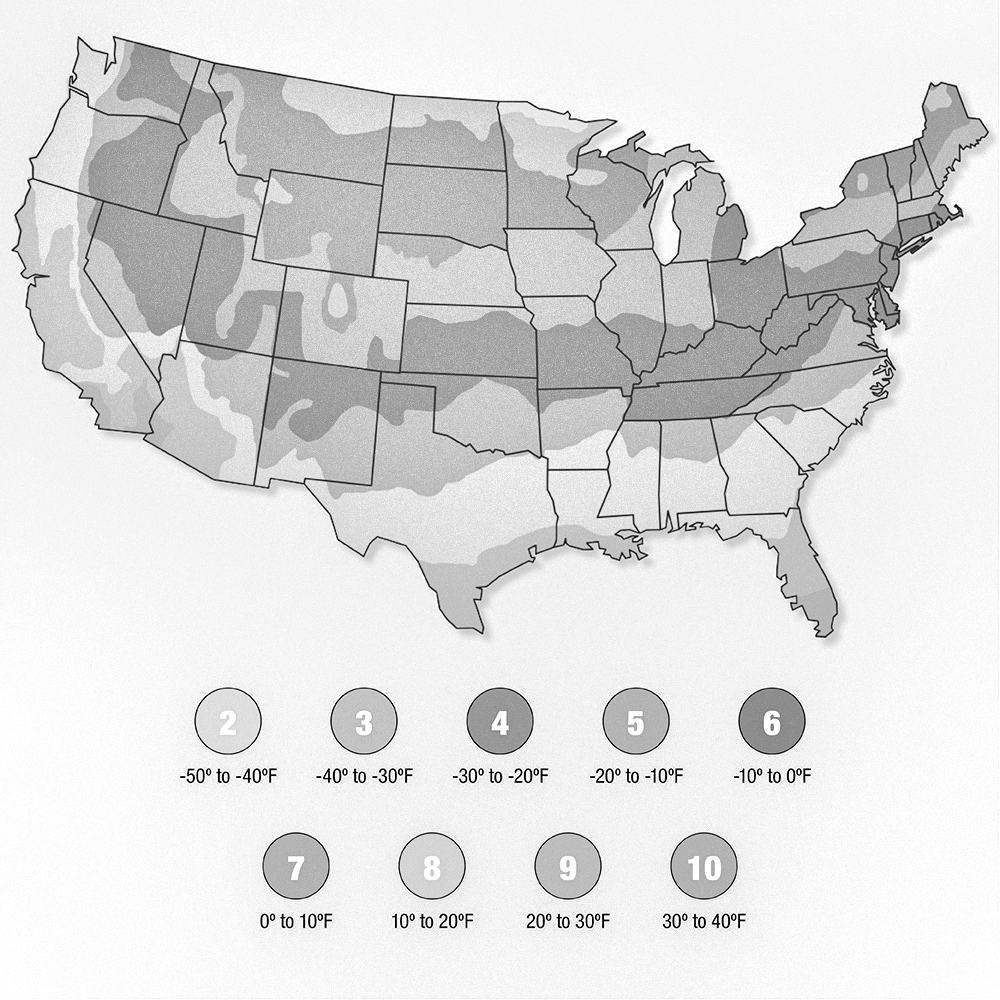
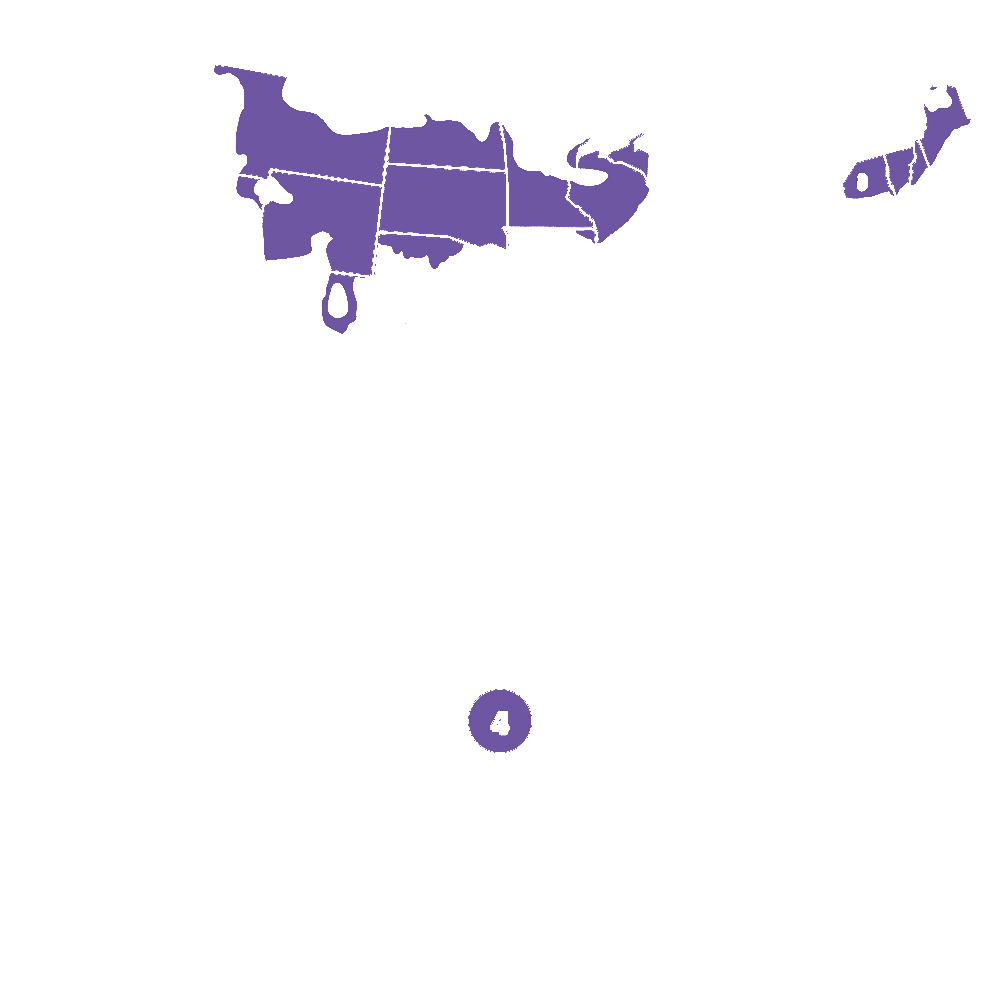
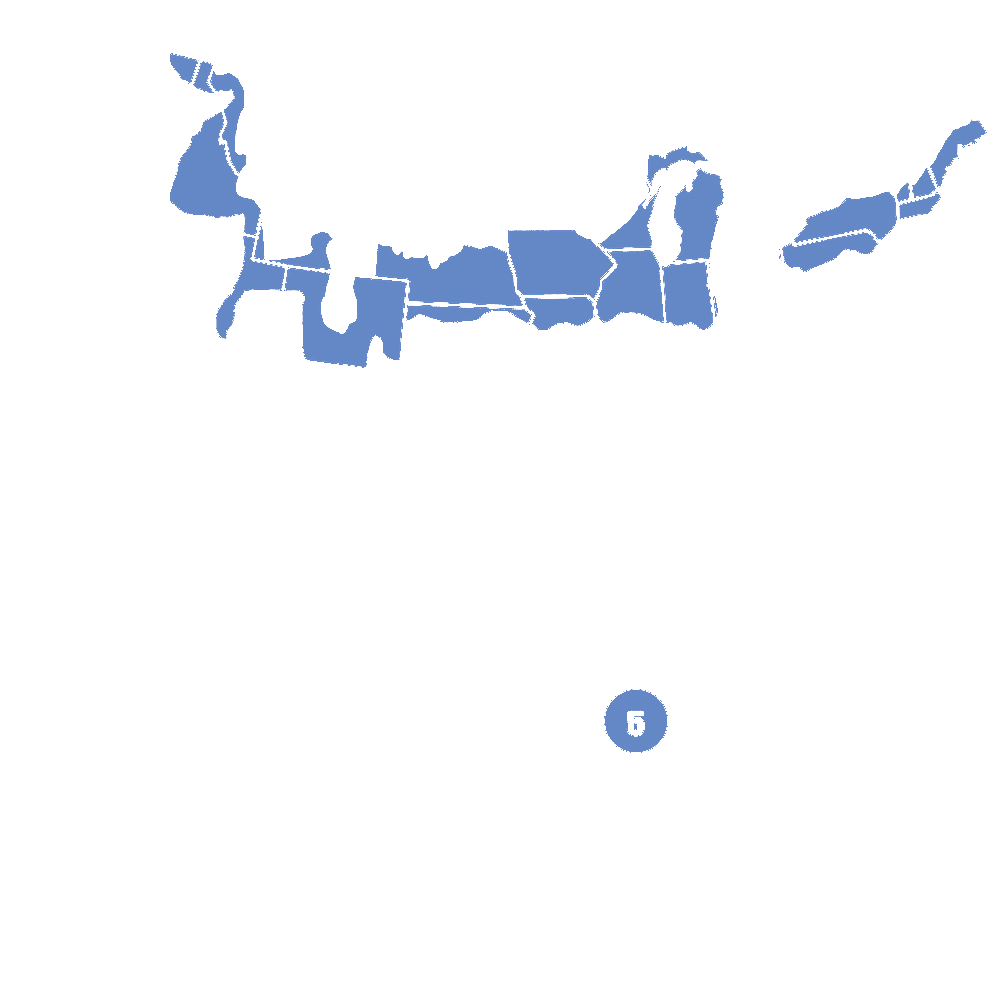
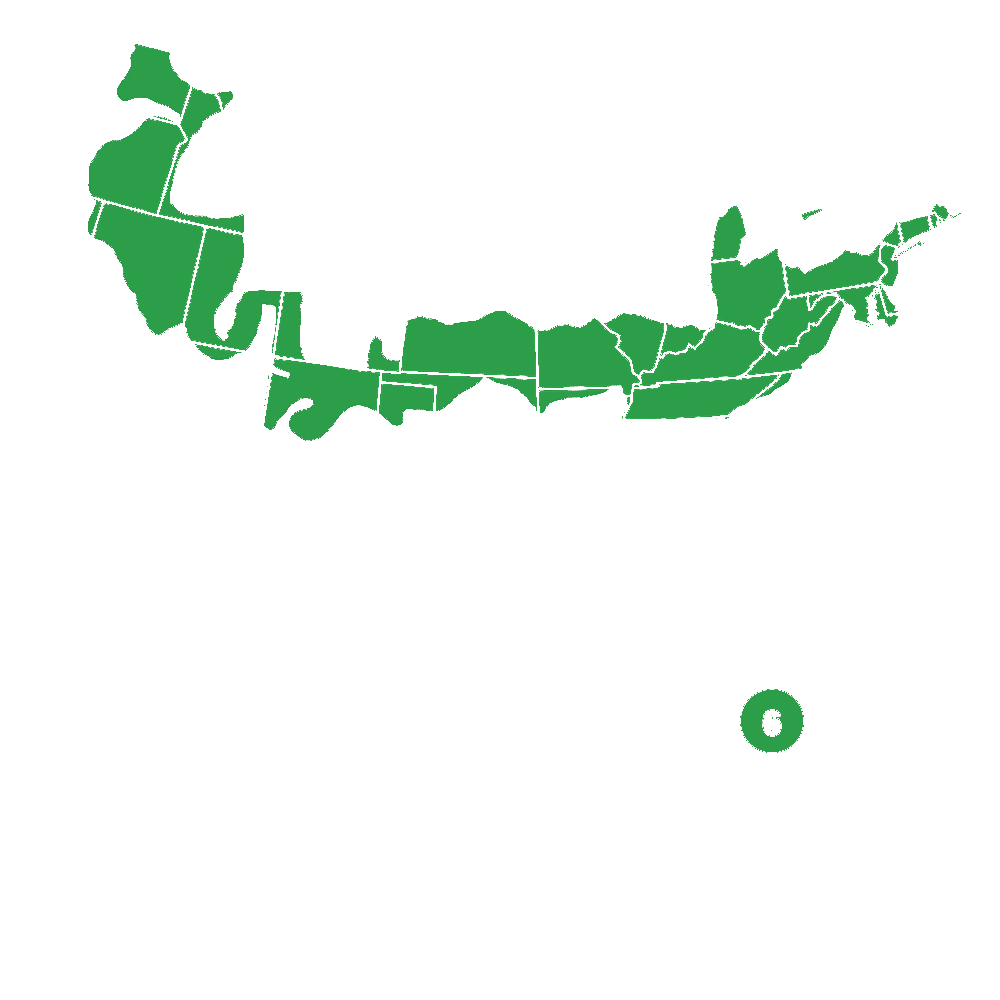
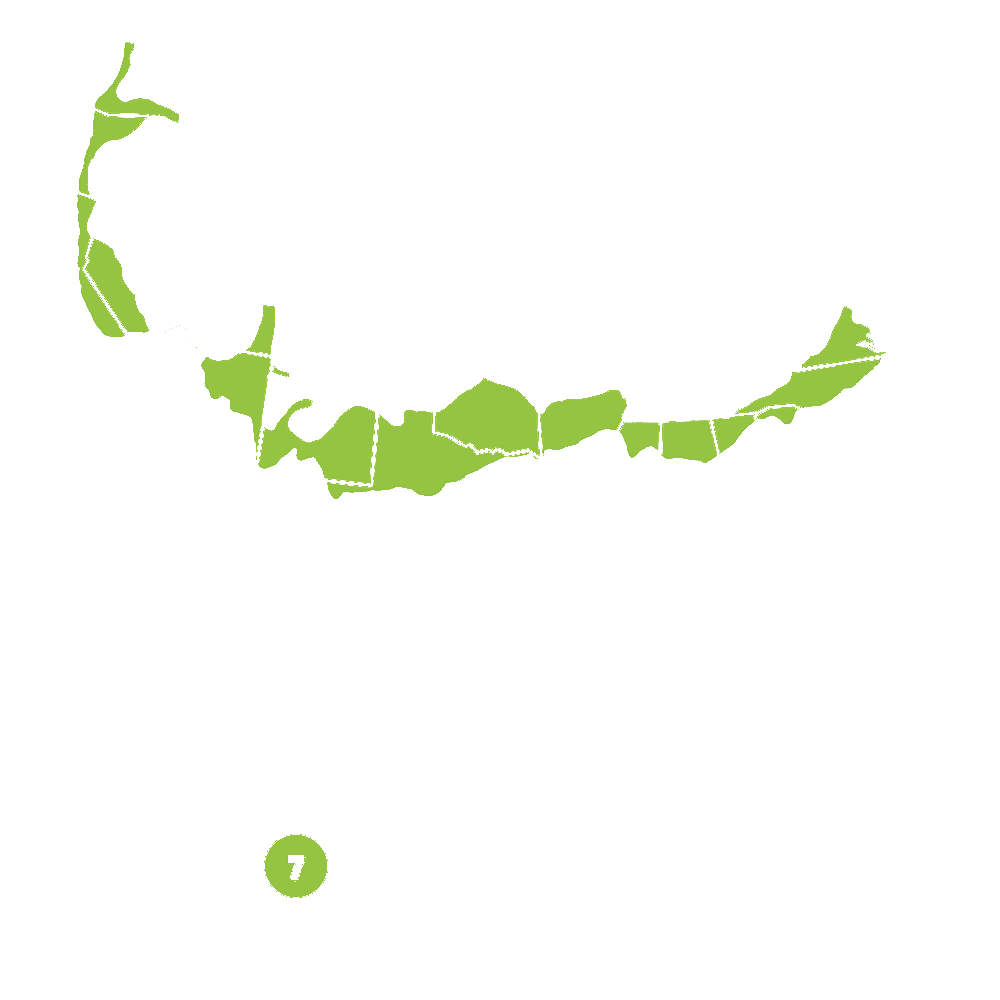
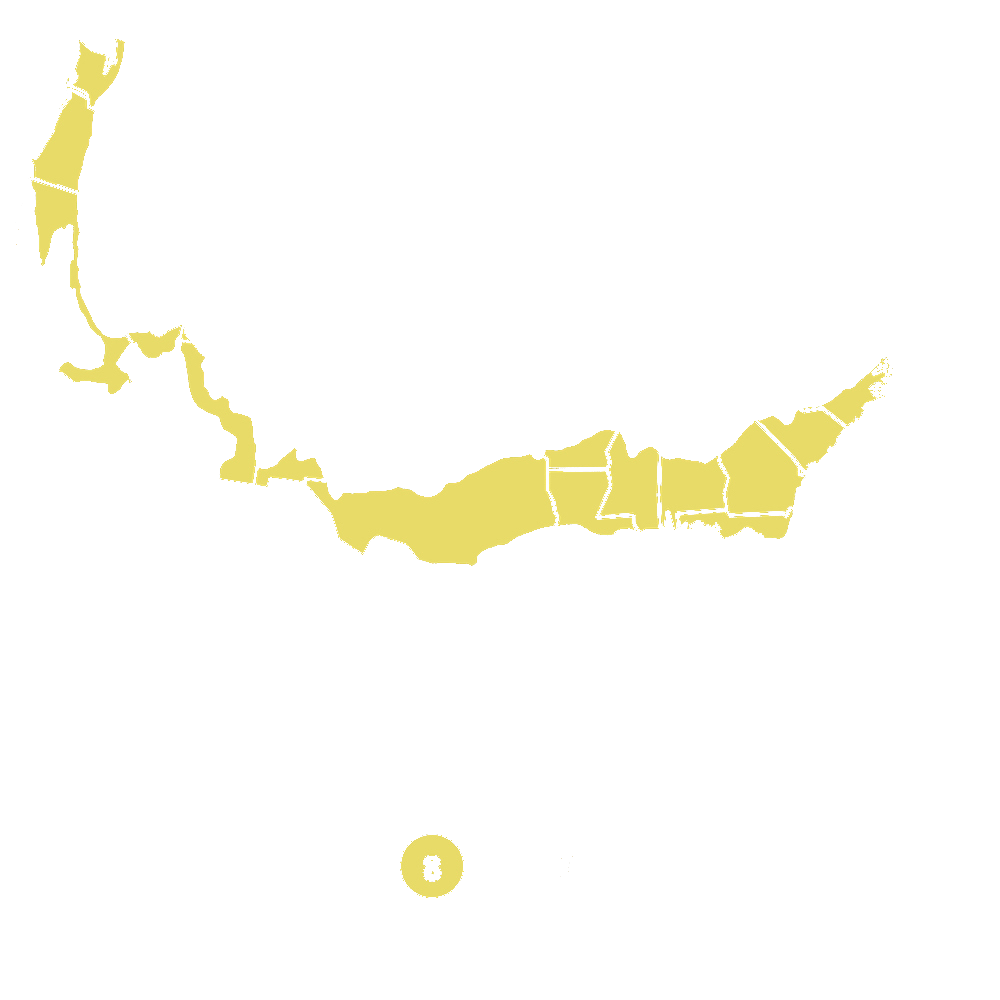
Pollination Info
Pollination Information for Northcountry Blueberry (Vaccinium 'Northcountry')
Plant Description:
The Northcountry blueberry is a deciduous shrub variety of Vaccinium that is known for its cold hardiness. It typically grows about 1-2 feet tall and wide, making it a perfect choice for smaller gardens or containers. The plant produces attractive white to pinkish flowers in spring, followed by flavorful, dark blue fruit that is ready for harvest in mid-summer.
Pollination:
Blueberries, including Northcountry variety, are self-fertile to some extent, meaning they can produce fruit without cross-pollination from another blueberry variety. However, cross-pollination by another compatible blueberry cultivar can significantly increase fruit set, size, and overall yield.
Cross-Pollinating Blueberry Varieties:
To ensure optimal pollination and maximize fruit production for your Northcountry blueberry, it is recommended to plant at least one other compatible blueberry cultivar nearby. Good cross-pollinating varieties for Northcountry blueberry include:
- Bluecrop
- Jersey
- Patriot
- Spartan
- Tifblue (Southern Highbush)
Pollinator Attraction:
In order to attract pollinators, including bees and other insects, to your blueberry plants, it is beneficial to provide a diverse range of flowering plants in your garden. These flowers can serve as sources of nectar and pollen for pollinators. Some common pollinator-attracting flowers that can be planted near your Northcountry blueberry include:
- Lavender
- Butterfly bush
- Borage
- Sunflowers
- Purple coneflower
Remember to avoid using pesticides or insecticides during blueberry flowering periods to protect the pollinators and ensure effective pollination.
Pollination Factors:
Several factors can influence pollination success and fruit set in Northcountry blueberries. These include:
- Weather conditions: Pollination can be hindered by heavy rains, strong winds, or extreme temperatures during the flowering period.
- Pollinator activity: The presence of bees and other pollinators in your garden is crucial for effective pollination. Providing suitable habitats and flowering plants will encourage pollinator visits.
- Proximity to other blueberry varieties: While Northcountry blueberry is partly self-fertile, planting compatible blueberry cultivars in close proximity can significantly enhance fruit production.
Conclusion:
To ensure abundant fruit production and maximize the yield of your Northcountry blueberry (Vaccinium 'Northcountry'), it is recommended to plant at least one other compatible blueberry variety nearby. Provide a pollinator-friendly environment by planting a diverse range of flowering plants for attracting bees and other pollinators. By considering these factors, you can enjoy a bountiful harvest of delicious blueberries.
FAQ
Frequently Asked Questions
Q: What is Northcountry Blueberry?
Northcountry Blueberry (Vaccinium 'Northcountry') is a dwarf and cold-hardy blueberry cultivar. It is known for its ability to withstand extremely cold temperatures and is perfect for growing in northern regions.
Q: How tall does Northcountry Blueberry grow?
Northcountry Blueberry is a compact variety, typically reaching a height of 1 to 2 feet. It is an excellent choice for small gardens, patios, or container planting.
Q: When does Northcountry Blueberry produce fruits?
Northcountry Blueberry bears fruit in mid to late summer, usually around July. The berries are small but packed with a sweet and tangy flavor.
Q: Is Northcountry Blueberry self-pollinating?
No, Northcountry Blueberry is not self-pollinating. It requires a different blueberry variety for cross-pollination in order to produce fruit. Planting another compatible early, mid, or late-season blueberry cultivar nearby is recommended for optimal fruit production.
Q: What is the ideal planting location for Northcountry Blueberry?
Northcountry Blueberry thrives in full sun to partial shade. It prefers acidic soil with a pH level between 4.5 and 5.5. Ensure the soil is well-drained and rich in organic matter. It is best to avoid areas with standing water or heavy clay soil.
Q: How often should I water Northcountry Blueberry?
While Northcountry Blueberry requires consistent moisture, it is important not to overwater it. Keep the soil evenly moist, especially during the first few years of growth. Mulching around the plant helps retain moisture and control weed growth. Adjust watering frequency based on weather conditions and check the moisture level regularly.
Q: How should I fertilize Northcountry Blueberry?
Use a balanced acidic fertilizer specifically formulated for blueberries. Apply the fertilizer in spring, just before new growth starts. Follow the package instructions for the appropriate dosage. Avoid overfertilizing, as it can lead to excessive vegetative growth and reduced fruit production.
Q: How do I prune Northcountry Blueberry?
Pruning Northcountry Blueberry helps maintain its shape, remove dead or diseased branches, and promote better air circulation. Prune during late winter or early spring when the plant is still dormant. Remove any crossing or inward-growing branches, and trim back about one-third of the old wood to encourage new growth.
Q: Is Northcountry Blueberry susceptible to any diseases or pests?
Northcountry Blueberry may be susceptible to diseases such as powdery mildew, mummy berry, and root rot if not properly cared for. Regularly monitor the plant for signs of pests like aphids, spider mites, and blueberry maggots. Using organic pest control methods or applying appropriate insecticides can help manage these issues.
Planting & Care
Planting & Care for Northcountry Blueberry (Vaccinium 'Northcountry')
Planting:
- Choose a planting location that receives full sun to partial shade.
- Ensure the soil is well-draining and has a pH level between 4.5 and 5.5.
- Dig a hole that is twice as wide and slightly shallower than the blueberry plant's root ball.
- Gently remove the plant from its container and place it in the hole.
- Backfill the hole with soil, firming it gently around the plant.
- Water the newly planted blueberry thoroughly.
Care:
- Water the Northcountry blueberry regularly, especially during dry periods, to keep the soil evenly moist.
- Mulch around the base of the plant with a layer of organic mulch to conserve moisture and suppress weeds.
- Fertilize the blueberry plant in early spring with an acidic fertilizer designed for blueberries.
- Prune the blueberry plant in late winter or early spring to remove dead or damaged branches and to improve its shape.
- Protect the blueberry plant from bird damage by covering it with netting.
- Monitor the plant for any signs of pests or diseases such as aphids, mites, or powdery mildew, and take appropriate measures to control them.
- Harvest the ripe blueberries when they are fully colored and easily come off the plant with a gentle tug.
- Store harvested blueberries in the refrigerator for up to one week or freeze them for long-term storage.
Check Out These Verified Customer Reviews:
Customer Reviews
4.7 out of 5 based on 42 reviews
Thank you! Your review has been submitted.
The Northcountry Blueberry arrived fresh and plump, with a wonderful deep blue color. The taste was sweet and delicious. Excellent customer service and timely delivery.
I was impressed with how quickly my order was shipped. The blueberries were beautifully ripe.
Fast shipping. Blueberries arrived in perfect condition.
Item has been added to your cart.

